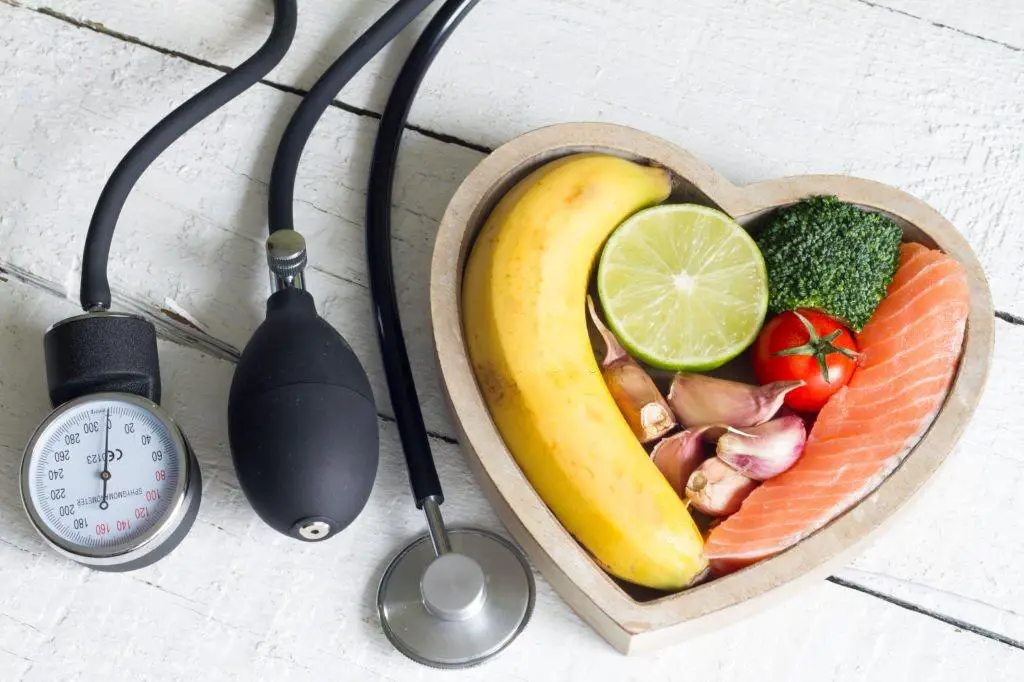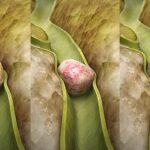Introduction
Gallstones can be a painful and inconvenient condition that affects the digestive system. If you’ve been diagnosed with gallstones, you may be wondering about the impact of certain foods on your condition. In this article, we’ll focus on bananas and whether they are safe to consume if you have gallstones.
What are gallstones?
Gallstones are hardened deposits that form in the gallbladder, a small organ located below the liver. These stones can range in size and composition, and they are often made up of cholesterol or bilirubin. Gallstones can lead to complications such as inflammation, infection, and blockages in the bile ducts.
Causes and symptoms of gallstones
Gallstones can develop due to various factors, including a high-fat diet, obesity, rapid weight loss, genetics, and certain medical conditions. Common symptoms of gallstones include severe abdominal pain, nausea, vomiting, bloating, and indigestion. If you experience these symptoms, it’s essential to consult with a healthcare professional for proper diagnosis and treatment.
Dietary recommendations for gallstones
When it comes to managing gallstones, dietary modifications can play a crucial role. The primary goal is to prevent the exacerbation of symptoms and reduce the risk of complications. Some dietary recommendations for gallstone management include:
1. Avoiding fatty foods: High-fat foods, especially those rich in saturated and trans fats, can trigger gallbladder contractions and worsen symptoms. It’s important to limit or avoid fried foods, fatty meats, full-fat dairy products, and processed snacks.
2. Limiting cholesterol intake: Since cholesterol is a common component of gallstones, it’s advisable to restrict dietary cholesterol. This means reducing the consumption of organic meats, egg yolks, shellfish, and high-fat dairy.
3. Incorporating fiber-rich foods: A diet high in fiber can promote healthy digestion and may help prevent gallstone formation. Including fruits, vegetables, whole grains, legumes, and nuts in your meals can be beneficial.
The nutritional benefits of bananas
Bananas are a widely popular fruit known for their nutritional content and health benefits. They are packed with essential vitamins, minerals, and dietary fiber. A medium-sized banana contains approximately 105 calories, 27 grams of carbohydrates, 3 grams of fiber, and various micronutrients like vitamin C, potassium, and vitamin B6.
Can you eat bananas with gallstones?
Yes, you can eat bananas if you have gallstones. Bananas are considered a low-fat, low-cholesterol food, which makes them suitable for individuals with gallstone issues. Their fiber content also aids in maintaining healthy digestion and regulating bowel movements. However, it’s crucial to consume bananas in moderation and as part of a balanced diet that aligns with your overall dietary recommendations for gallstone management.
The Role of Bananas in gallstone management
While bananas alone cannot dissolve gallstones or cure the condition, they can be a valuable addition to a gallstone-friendly diet. Bananas provide essential nutrients, promote regular bowel movements, and offer a healthier alternative to high-fat or cholesterol-rich snacks. Remember that managing gallstones requires a comprehensive approach, including proper medical guidance, lifestyle modifications, and a balanced diet.
Conclusion
In conclusion, if you have gallstones, incorporating bananas into your diet can be a smart choice. Bananas are nutritious fruit that can support digestive health and contribute to overall well-being. However, it’s important to remember that dietary changes alone may not be sufficient to address gallstone-related issues. Always consult with your healthcare professional for personalized advice and guidance on managing gallstones.
FAQs
- Q: Can bananas dissolve gallstones?
- No, bananas alone cannot dissolve gallstones. They can support digestive health and provide essential nutrients, but medical intervention may be required for gallstone treatment.
- Q: Are there any foods I should avoid if I have gallstones?
- Yes, it’s advisable to avoid high-fat foods, cholesterol-rich foods, and processed snacks to manage gallstone symptoms.
- Q: Can I eat other fruits besides bananas?
- Yes, incorporating a variety of fruits into your diet is encouraged. However, it’s best to consult with your healthcare professional for specific recommendations based on your condition.


